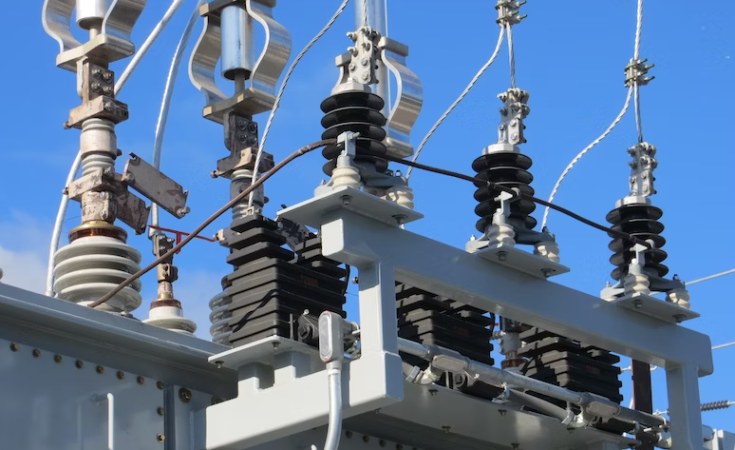The National Water and Electronic Company (NAWEC) with funding from the World Bank last week laid a foundation stone for a US$66 million electricity project called ECOREAP, which will electrify over 298 communities in The Gambia.
The ceremony was held in Jarra Soma at the OMVG substation on Friday.
Speaking at the ceremony The World Bank Task Team Leader Ms Elise Massan Akitani, said there is no development in the dark. "We have come together with the government to put this project together which is a series of projects and the Gambia is one of the pioneers,"
She disclosed that the financing for The Gambia is US$66 million to electrify 298 communities.
She thanked the project implementation unit for the additional communities. "The project will cover almost all parts of the country. We hope that by the end of the year, all the identified communities will receive the energy as promised."
The managing director of NAWEC, Gallo Saidy, described the project as something that would set a legacy for NAWEC for the next generation. He urged for both timely and quality implementation of the project to make it long lasting.
He called for collective collaboration of all and sundry for the development of The Gambia.
The minister for Environment, Climate Change and Natural Resources, Rohey John Manjang, revealed that the project was supposed to be completed in December 2023, and now has been extended to October 31st 2024. She thus called on the contractor to not kill the hopes of Gambians.
"We hope this is the last extension, and the work be completed before October 31st because the people have been waiting for far too long," she stressed.
ECOWAS Director of Energy and Mines, Mr Bayaornibe Dabire, said in line with the ECOWAS vision 2050, it is the ECOWAS of the people; shared prosperity for all. "This means we have to do our best to contribute to socioecomic development of the regions and in line with this socioeconomic development we should know that electricity is very important for economic development."
He highlighted that electricity access is a huge challenge in the ECOWAS region since 56% among the region do not have access to energy.


